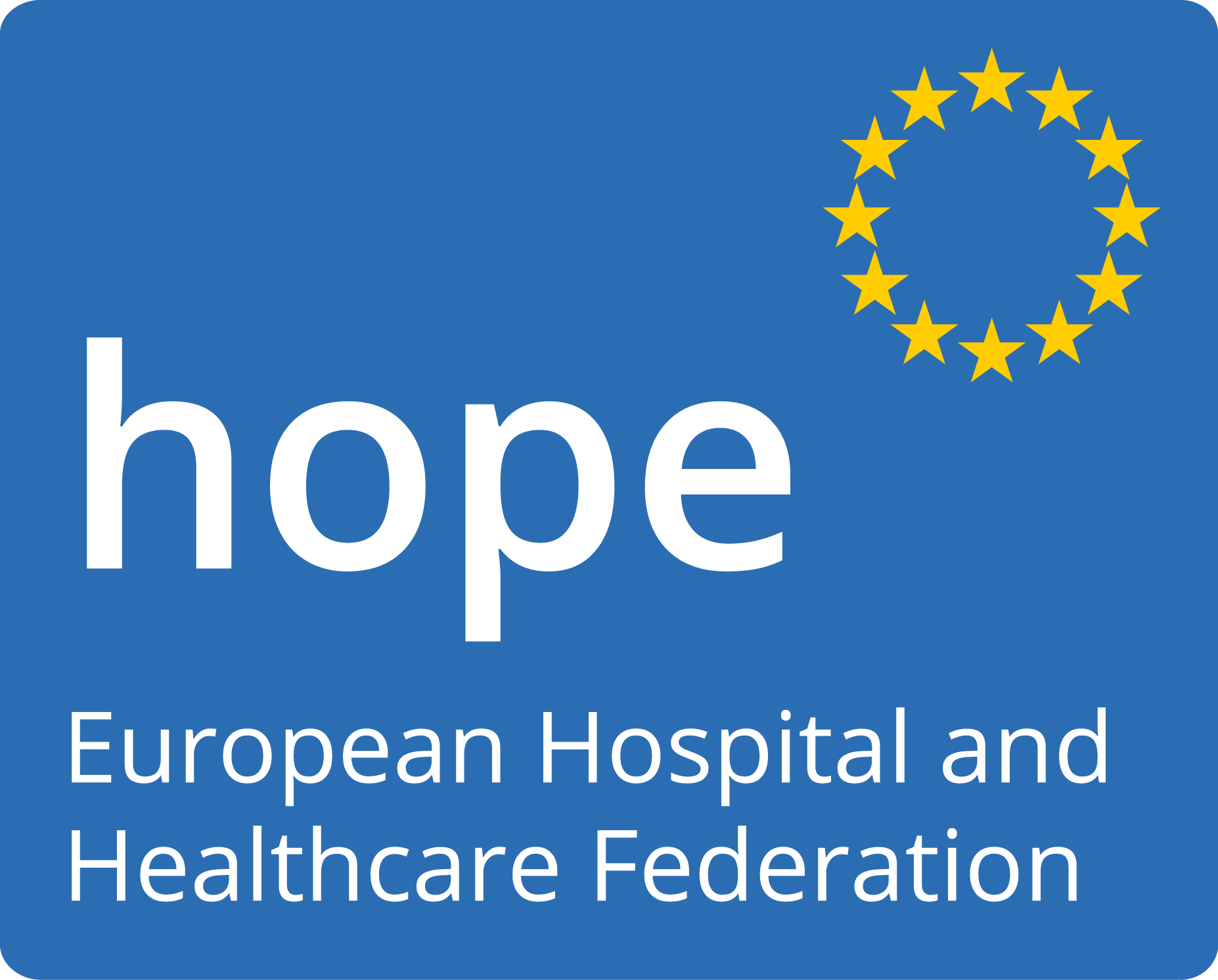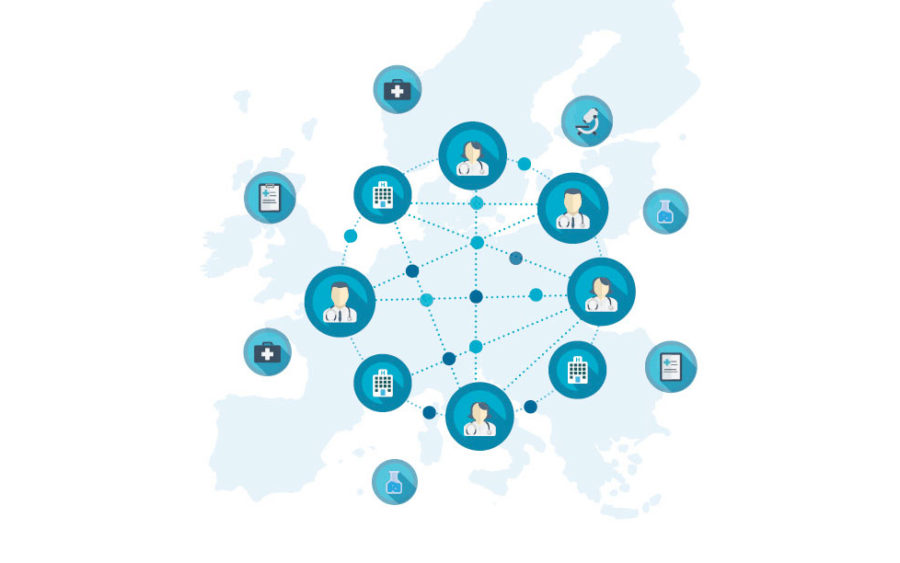Under the EU Directive on Patients’ Rights in Healthcare (2011/24/EU), 24 thematic European Reference Networks (ERNs) for rare, com-plex and rare prevalence diseases have been established, bringing together more than 900 highly specialised healthcare units located in more than 300 hospitals across the EU in 26 countries. Launched on 1 March 2017, the European Reference Networks (ERNs) are virtual networks bringing together healthcare providers across Europe to tackle complex or rare medical conditions that require highly specialised treatment and a concentration of knowledge and resources.
HOPE has been involved in the activities of the Partnership for Assessment of Clinical Excellence in European Reference Network (PACE-ERN), awarded to a consortium led by the European Organisation for Rare Diseases (EURORDIS). PACE-ERN developed a manual and toolbox for assessing ERNs addressing all the stages of the process from the call for Networks and providers to the approval of the Networks. A first draft of such documents was presented at the second conference of ERNs which took place in Lisbon (Portugal) on 8 and 9 October 2015 and completed before the launch of the call in March 2016.
Additionally, HOPE regularly follows developments of the ERNs and reports about them to its members and its network.
In September 2018, the Expert Panel on Effective Ways of Investing in Health adopted a draft opinion to which HOPE contributed on the “Application of the ERN model in European cross border healthcare cooperation outside the rare diseases area”. The Opinions of the Expert Panel on Health support the Commission to identify specific aspects to be considered as well as tangible results that should be achieved to make a real change on health systems reforms and investments at EU level. The Expert Panel concluded that, while ERNs have considerable potential to improve the care of patients with rare dis-eases across the EU, both through advice on the management of individual patients, as well as through collaboration on research and development of guidelines, it is not yet possible to ascertain the extent to which these goals will be achieved. The Expert Panel also identified several issues to address, including long-term financial sustainability and the implementation of effective IT systems.
On 25 February 2019, possible areas of cooperation between the European Reference Networks and other stakeholders, such as registries or clinical trials, have been explored during the first meeting between members of the ERNs Working group on Legal & ethical issues and relations with Stakeholders (LES) and representatives of the industry and of patients’ organisations.
On Friday 26 July 2019, the Commission adopted the Implementing Decision (EU) 2019/1269 amending Decision 2014/287/EU and launched the call for new members. It aims to:
- clarify the role of the Board of Member States in steering the ERNs,
- modify the procedure concerning the application for membership of existing European Reference Networks (ERN); and
- add provisions concerning the establishment of the Clinical Patient Management System (CPMS) and clarifies the applicable data protection rules, in compliance with the General Data Protection Regulation (GDPR).
On 24 and 25 June 2019, two statements on ERNs integration into the national health systems and cooperation with industry were adopted by the ERN Board of Member States. The ERN Board of Member States adopted updated guidance principles to frame collaboration between the ERNs and the industry, through a revision of its 2016 statement on the matter. It also adopted a new statement concerning recommendations and good practices to foster integration of the ERNs in national healthcare systems.
On 1st October 2019, the European Commission has launched the first call for new healthcare providers (HCPs) to join the existing 24 European Reference Networks (ERNs) as full members. 841 new clinical units in hospitals across Europe requested to become members of the European Reference Networks. The examination process is still ongoing.
On 17 April 2020, the Commission announced that the examination of membership applications for existing ERNs was suspended from 1 April 2020 to 31 August 2020 due to the COVID-19 outbreak.
On 14 October 2020, the Commission, in its aim to support the EU healthcare systems and clinicians at the front line dealing with the COVID-19 pandemic, announced it was funding a programme of training of healthcare professionals in intensive care skills. For this aim, a contract has been signed in August with the European Society of Intensive Care Medicine (ESICM) to develop a training programme in Intensive Care Fundamentals for Healthcare Professionals not regularly working in Intensive Care Units. The training is free of charge and is available for every doctor and nurse working in a hospital with an Intensive Care Unit, in all 27 EU Member States and the United Kingdom.

